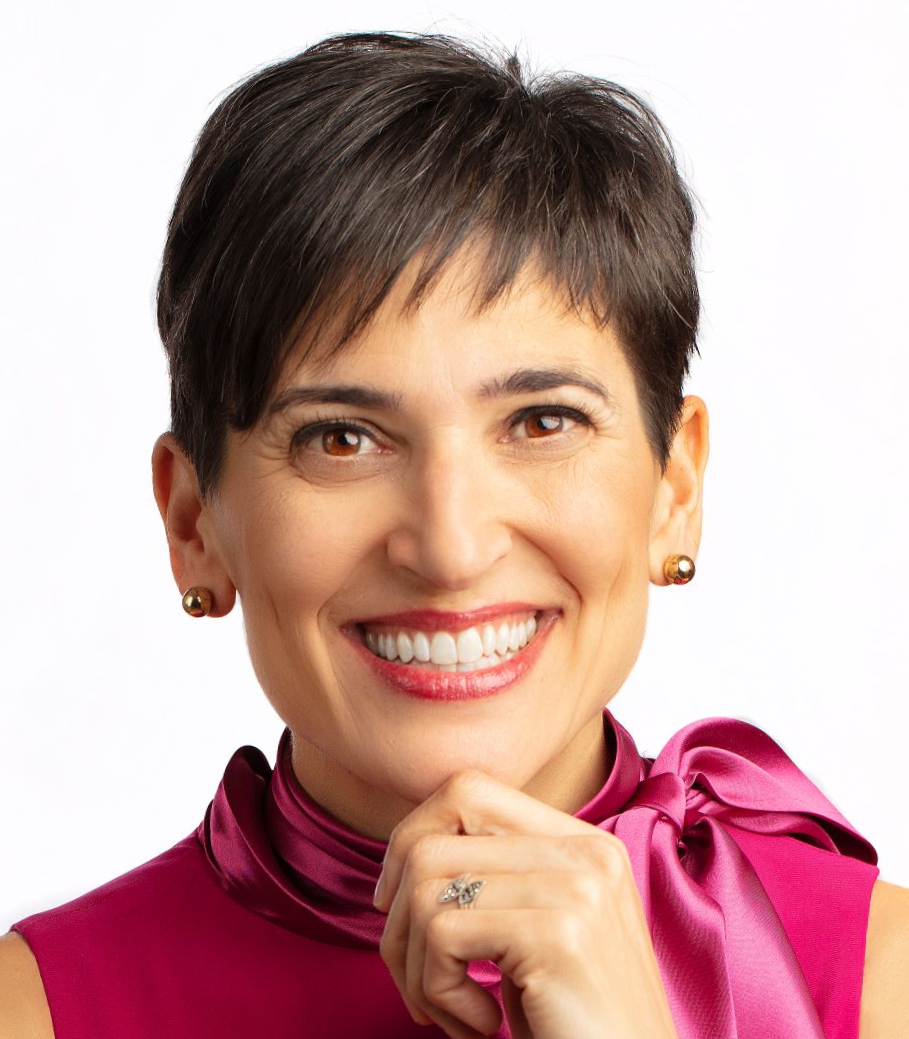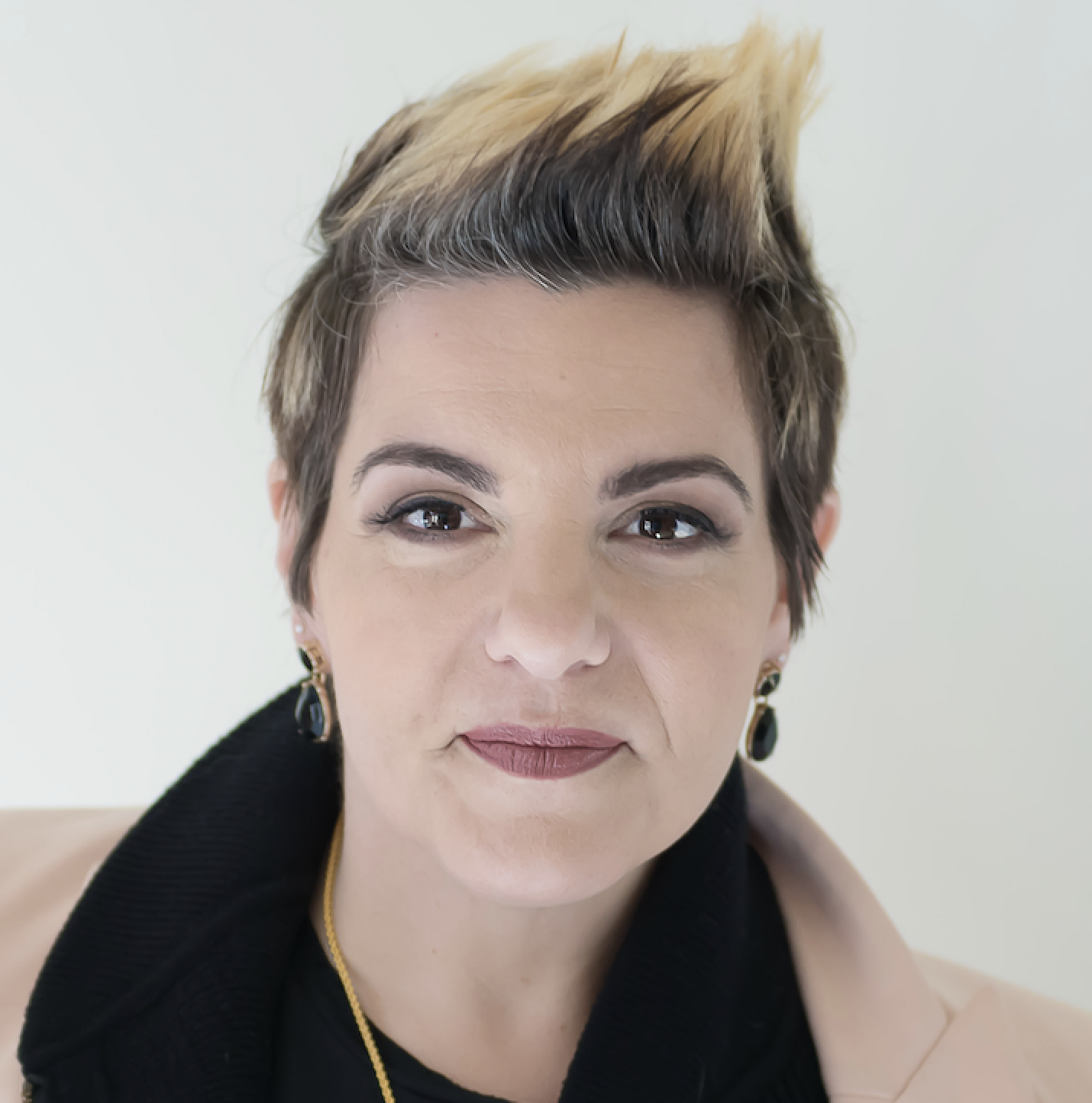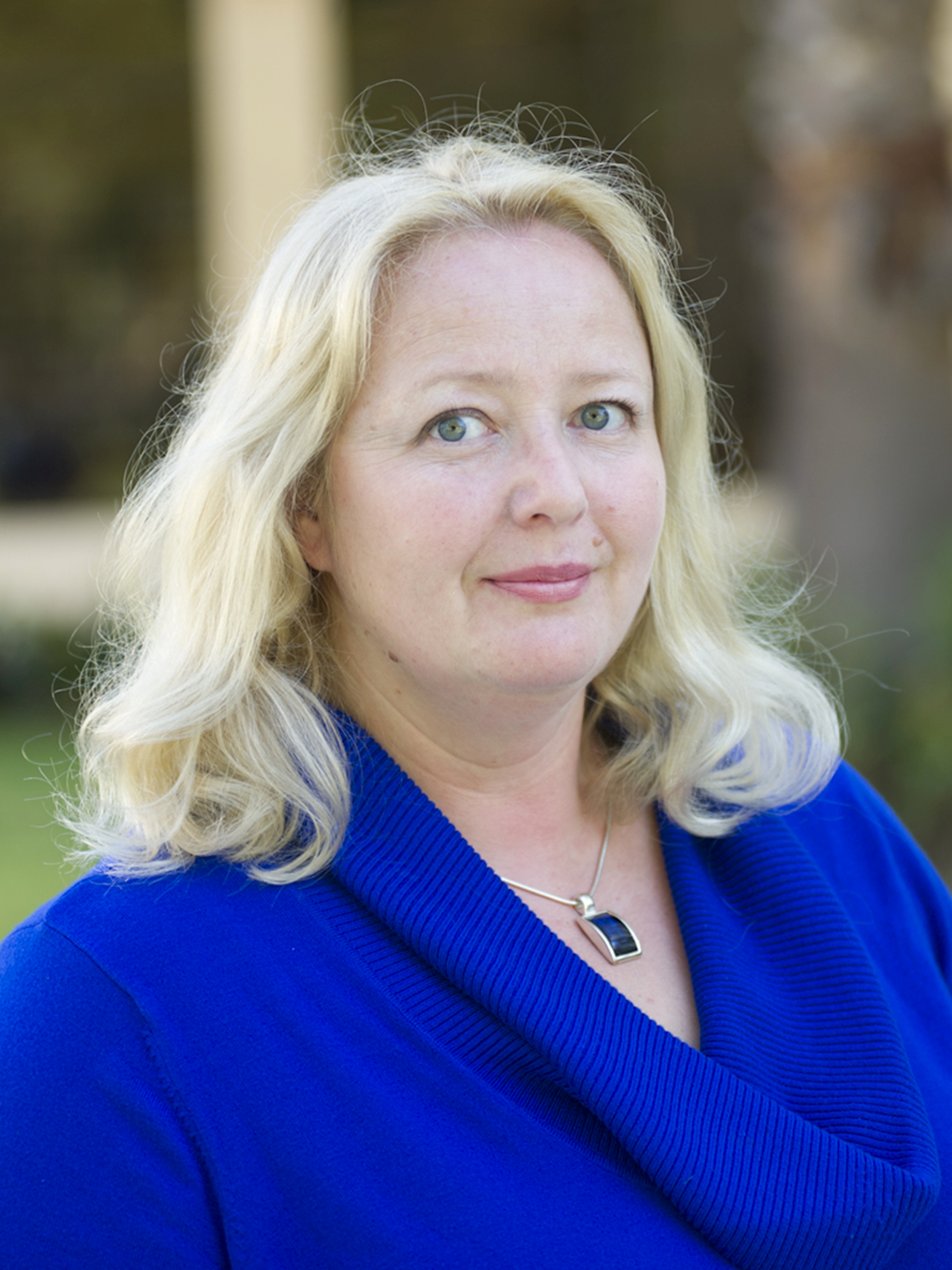Stanford Neurodiversity Summit 2024
The Benefits of Late-Identification for Autistic Women
Scroll down to view an introductory video, read bios of poster contributors, view or download the poster, and view a list of poster sources.
Introduction Video
In this 17-minute video, you will meet each of the four late-diagnosed autistic women who contributed to this poster for the 2024 Stanford Neurodiversity Summit.
Each contributor offers a brief introduction, provides an overview of their journey to late diagnosis, and shares some of the benefits they have experienced since discovering and embracing their autistic identity.
Contributor Bios
Clare Kumar
Proudly neuroatypical productivity catalyst and inclusivity advocate, Clare Kumar, explores the intersection of performance and inclusion in her mission to help stop the unintentional squandering of human potential.
She guides organizations in creating accessible spaces, cultures, and experiences to ensure that everyone has the chance to make their richest contributions. Clare facilitates teams to co-create their future of work with compassion-infused compromise, all while respecting neurodiversity and humanity. Clare explores these topics with innovative thinkers as the host of the Happy Space® podcast.
She also serves as the Canadian Regional Director of the Hidden Disabilities Sunflower program bettering daily life for those with non-visible challenges.
Website | Happy Space Podcast | Work Style Profile | Inclusivitee™
Melanie Deziel
Melanie Deziel is an autistic self-advocate, keynote speaker, and author, passionate about helping individuals unlock their creative potential and organize their creative efforts, and determined to increase understanding of and recognition of autistic women.
Melanie is the co-founder of The Creator Kitchen mastermind for creatives, and is the author of “The Content Fuel Framework: How to Generate Unlimited Story Ideas” and “Prove It: Exactly How Modern Marketers Earn Trust.” She writes the Late Diagnosed Diaries newsletter about her autistic experience.
She was the first-ever editor of branded content at The New York Times, and has worked with 32 of the Fortune 100s, helping them use content as a strategic communication tool and use processes to unlock its power.
Website | Linkedin | Late-Diagnosed Diaries Newsletter | Speaking
Angela Kingdon
Dr. Angela Kingdon is a dynamic Autistic advocate, author, speaker, and host of the Autistic Culture Podcast, renowned for her impactful work in promoting neurodiversity, supporting autistic individuals, aiming to create a more inclusive and understanding society.
Angela's journey began with a diagnosis at the age of 39, which she describes as a turning point that allowed her to embrace her unique neurodiverse perspective fully. Leveraging her lifelong special interest in non-fiction, she founded Difference Press™ and created The Author Incubator™. She is also a bestselling author of seven books, including neurodiversity-affirming titles like The Equalizing Quill and Make ‘Em Beg To Work For You.
Ludmila Praslova
I'm the author of “The Canary Code: A Guide to Neurodiversity, Dignity, and Intersectional Belonging at Work” (Berrett-Koehler Publishers, 2024), listed among the Top 10 Management Books for 2024 by Thinkers50. I am also the editor of “Evidence-Based Organizational Practices for Diversity, Inclusion, Belonging, and Equity” (Cambridge Scholars, December 2023). I am the first person to have published in Harvard Business Review from an autistic perspective.
My professional portfolio integrates academia, writing, and consulting – all centered on creating talent-rich, flexible work environments where all kinds of minds and people from all backgrounds can thrive. At Vanguard University of Southern California, I teach graduate Industrial-Organizational Psychology students to create healthy dignity-focused work environments.
Download Poster
To download a copy of the poster presented at the 2024 Stanford Neurodiversity Summit, as seen here, click the button below.
Poster Sources
Bargiela, S., Steward, R. & Mandy, W. The Experiences of Late-diagnosed Women with Autism Spectrum Conditions: An Investigation of the Female Autism Phenotype. J Autism Dev Disord 46, 3281–3294 (2016).
Bulluss, Erin and Sesterka, Abby. When a Late Diagnosis of Autism Is Life-Changing. Psychology Today. January 7, 2020.
Fusar-Poli, L., Brondino, N., Politi, P. et al. Missed diagnoses and misdiagnoses of adults with autism spectrum disorder. Eur Arch Psychiatry Clin Neurosci 272, 187–198 (2022).
Hamdani Y, Kassee C, Walker M, et al. Roadblocks and detours on pathways to a clinical diagnosis of autism for girls and women: A qualitative secondary analysis. Women’s Health. 2023;19. doi:10.1177/17455057231163761
Leedham A, Thompson AR, Smith R, Freeth M. 'I was exhausted trying to figure it out': The experiences of females receiving an autism diagnosis in middle to late adulthood. Autism. 2020 Jan;24(1):135-146. doi: 10.1177/1362361319853442. Epub 2019 May 30. PMID: 31144507.
Lupindo, B.M., Maw, A. & Shabalala, N. Late diagnosis of autism: exploring experiences of males diagnosed with autism in adulthood. Curr Psychol 42, 24181–24197 (2023).
McCrossin R. Finding the True Number of Females with Autistic Spectrum Disorder by Estimating the Biases in Initial Recognition and Clinical Diagnosis. Children (Basel). 2022 Feb 17;9(2):272. doi: 10.3390/children9020272. PMID: 35204992; PMCID: PMC8870038.
Penot, Jessica. How Diagnosis Is Life-Changing for Women With Autism: A personal perspective. Psychology Today. March 18, 2022.
Raymaker, Dora M. Alan R. Teo, Nicole A. Steckler, Brandy Lentz, Mirah Scharer, Austin Delos Santos, Steven K. Kapp, Morrigan Hunter, Andee Joyce, and Christina Nicolaidis. “Having All of Your Internal Resources Exhausted Beyond Measure and Being Left with No Clean-Up Crew”: Defining Autistic Burnout Autism in Adulthood 2020 2:2, 132-143.





